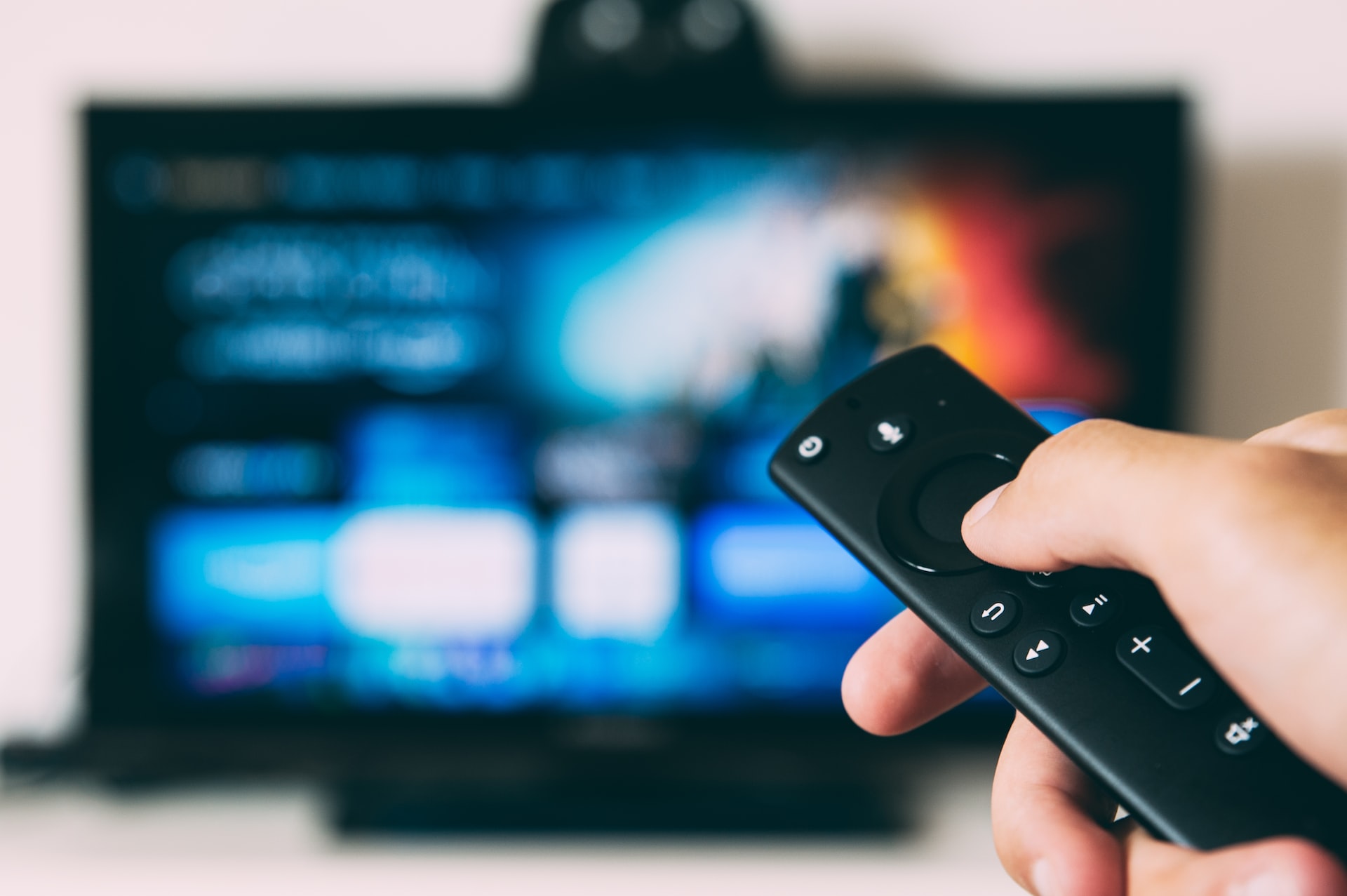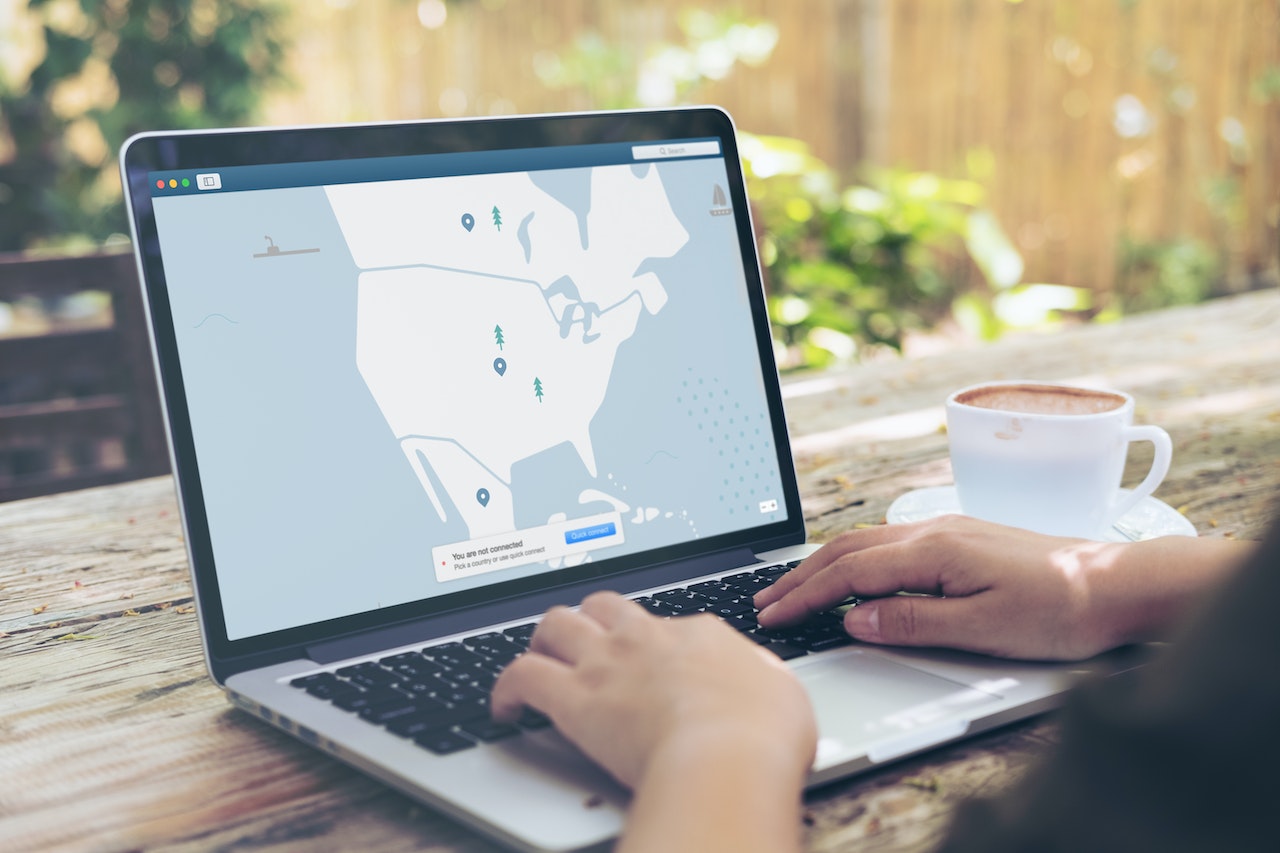In today’s digital age, online security and privacy are more important than ever before.This is where VPNs have skyrocketed in popularity in recent years, and it’s easy to see why. With privacy and security being top priorities for internet users, VPNs offer a great solution for protecting your online activity.
However, not all VPNs are created equal, and the differences between free and paid VPNs can be stark, especially when it comes to streaming. If you’re a UK-based streamer looking to find the perfect VPN solution, then CrazyStreamers guides for UK users are here to help.
In this article we will explore the differences between free and paid VPNs for streaming.so without. Any further delays let’s jump in!
Contrasting Free and Paid VPNs for Optimal Streaming Experience

What is a VPN?
A VPN is a tool that creates a secure connection between your device and the internet. When you use a VPN, your online activity is encrypted and routed through a private network, which helps to keep your data safe from hackers, snoopers, and other third parties who may be trying to access your information.
One of the main benefits of using a VPN is that it allows you to browse the web anonymously. Your IP address is hidden, which means that your online activity can’t be traced back to you. This is especially useful if you’re accessing the internet on public Wi-Fi networks, which are often unsecured and vulnerable to cyber attacks.
Another advantage of using a VPN is that it allows you to access content that may be restricted in your geographic region. For example, if you’re traveling to a country where certain websites or services are blocked, you can use a VPN to bypass those restrictions and access the content you need.
What is a Free VPN?
A free VPN is a virtual private network that can be used without any subscription fees. They are provided by various companies and allow you to access the internet securely and anonymously, just like a paid VPN. While there are some benefits for using a free VPN, there are also some drawbacks that you should be aware of.
One of the most significant advantages of a free VPN is that it allows you to access the internet from anywhere in the world without having to pay for it. You can connect to servers in different countries and access content that may not be available in your region.Another advantage of a free VPN is that it can be a great option for those who only need to use it occasionally. If you only need to use a VPN for short periods, then a free VPN can save you money compared to a paid subscription.
However, free VPNs also come with some disadvantages. Firstly, most free VPNs have a limited number of server locations, which can limit your access to content from specific countries or regions. Moreover, free VPNs typically have slower connection speeds than paid VPNs, which can impact the quality of your streaming experience. Finally, many free VPNs are known to collect and sell user data to third-party advertisers, which can compromise your privacy and security online.

What is a Paid VPN?
A paid VPN is a virtual private network that requires a subscription fee to use.These VPNs are considered as the best VPN for privacy. They are provided by various companies and allow you to access the internet securely and anonymously, just like a free VPN. While they do come at a cost, there are several advantages to using a paid VPN.
One of the most significant advantages of a paid VPN is the level of security and privacy it provides. Paid VPNs typically use high-end encryption protocols that ensure that your data and browsing activity remain secure and private. This can be especially important if you use the internet for online banking, shopping, or other sensitive activities.Another advantage of a paid VPN is that they offer faster connection speeds than free VPNs. This can be especially important if you enjoy streaming movies, TV shows, or other content online. With a paid VPN, you can enjoy seamless streaming without any buffering or lagging issues.
However, there are some drawbacks to using a paid VPN. Firstly, they can be expensive, especially if you opt for a long-term subscription. Secondly, some paid VPNs may still log your browsing data and sell it to third-party advertisers, which can compromise your privacy. Finally, some streaming services may block access to their content for VPN users, which can be frustrating if you’re using a VPN to access content from other regions.
Can VPNs Be Considered Completely Safe?
While VPNs are used to increase online security and privacy, they are not always safe. Unreliable service providers may use weak encryptions and security services that make them susceptible to hackers and spying agencies. Some VPNs even sell user data to advertisers or the Global Data Market.
It’s important to trial free VPNs before paying for a service, as simply paying for a VPN does not guarantee its safety. The differences between paid and free VPNs often depend on the quality of the service offered, with low-quality services having limitations on usage and bandwidth.
Conclusion
In conclusion, whether you choose a free or paid VPN for streaming depends on your priorities and needs. Free VPNs may be a good option for occasional use, but if you want more security, faster speeds, and a wider range of content, a paid VPN is the way to go. Ultimately, the most important thing is to choose a VPN that suits your individual requirements and provides a safe and enjoyable streaming experience.
So take the time to do your research, read reviews, and choose a VPN that you can trust to protect your privacy and enhance your streaming experience.



